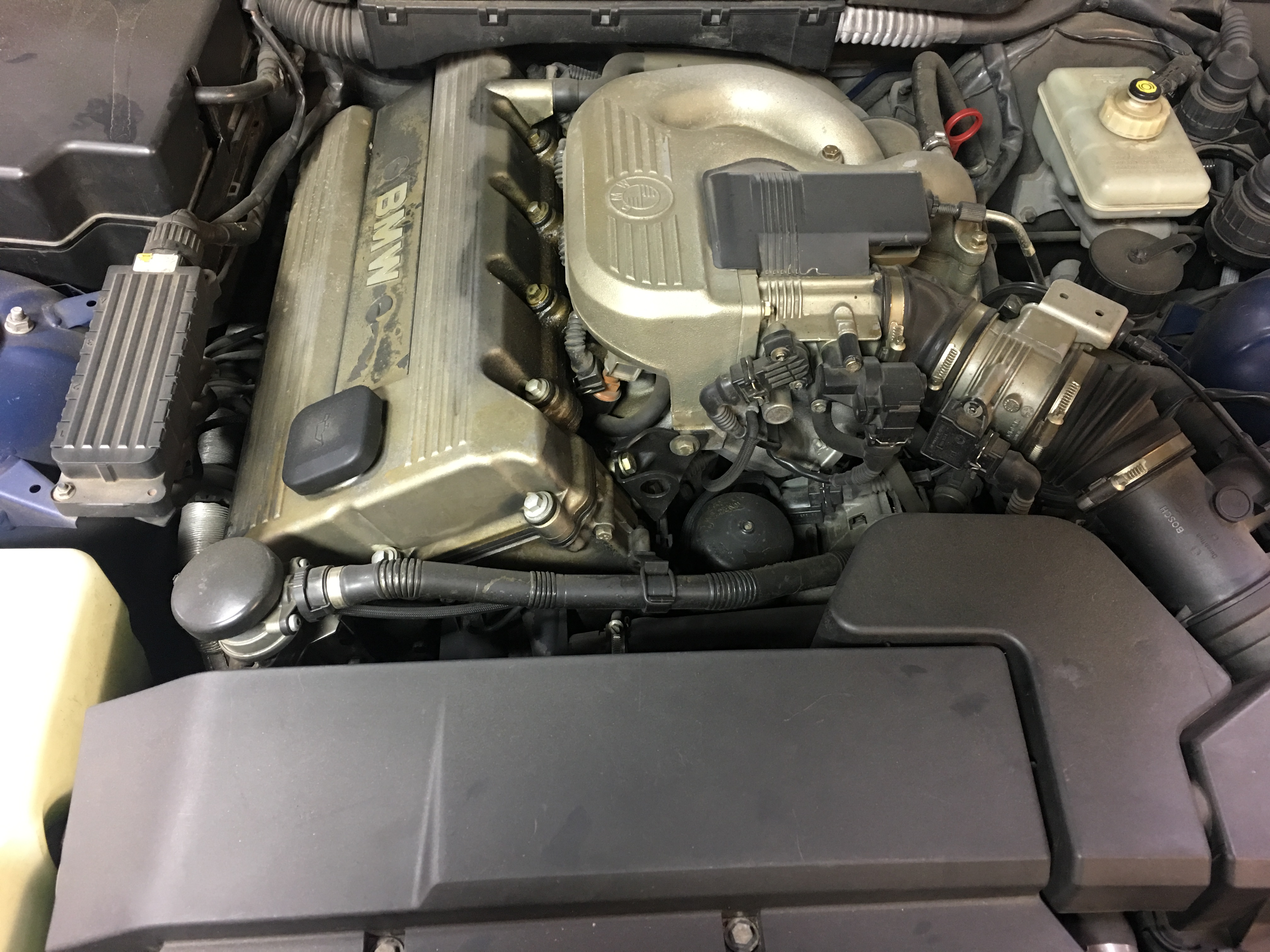BMW 318ti: A Comprehensive Overview to This Compact Giant
BMW 318ti: A Comprehensive Overview to This Compact Giant
Blog Article
Essential Factors To Consider for Selecting the very best Engine for Your Requirements
In the realm of choosing the excellent engine to meet your needs, a number of vital variables need precise factor to consider to ensure optimal efficiency and performance. From the nuanced equilibrium in between power and performance to the often-overlooked elements of maintenance and solution needs, each facet plays an essential function in establishing the most appropriate engine for your details demands.
Power and Performance
When evaluating engines for optimum performance, it is crucial to prioritize both power outcome and effectiveness. Power output measures the ability of an engine to create energy, which directly affects its efficiency. A high power result is essential for demanding tasks such as high-speed demands or sturdy applications. It guarantees that the engine can handle the work effectively and effectively. Nonetheless, power alone is not adequate; performance plays a substantial duty in establishing the general efficiency of an engine. Effectiveness describes exactly how well the engine transforms fuel right into functional power. A a lot more effective engine will supply much better gas mileage, reduced emissions, and reduced operating prices. Striking the ideal equilibrium in between power result and effectiveness is key to choosing an engine that meets your details needs. It is necessary to take into consideration variables such as the meant use the engine, environmental effect, and lasting expense ramifications when making this decision. By thoroughly evaluating both power and performance, you can select an engine that provides ideal performance and fulfills your demands effectively.
Fuel Performance and Economy
In the world of engine option, the consideration of fuel performance and economy holds paramount importance. Fuel performance refers to the engine's capacity to convert fuel into energy with marginal waste, straight affecting operating expense and environmental sustainability. bmw 318ti. When choosing an engine, assessing its gas economy is crucial to establish long-term savings and ecological impact. Engines with greater fuel effectiveness not only decrease fuel expenses however likewise decrease carbon exhausts, adding to a greener operation.

Compatibility and Application
Thinking about the gas effectiveness and economic situation of an engine, the next important element to address is its compatibility and application within details operational contexts. Compatibility refers to exactly how well the engine incorporates with the total system or equipment it powers.
Various engines are developed for particular objectives, whether it be commercial equipment, marine vessels, vehicles, or power generators. Understanding the desired application allows for go the choice of an engine that can supply the required power output, torque, and operational features.
Maintenance and Solution Demands
Maintenance and service requirements play a critical duty in ensuring the longevity and optimum performance of an engine. Routine maintenance is vital to prevent malfunctions, prolong the life expectancy of the engine, and preserve its performance. When picking an engine, it is essential to consider the producer's recommended maintenance timetable and the schedule of service facilities or qualified technicians.
Factors such as the frequency of oil modifications, filter substitutes, and total assessments can considerably affect the engine's efficiency. Some engines may need even more constant maintenance based upon their style and use, while others may have longer intervals in between upkeep checks. It is vital to abide by these service requirements to prevent expensive repair services and unforeseen downtime.

Cost and Budget Considerations
Budget plan restrictions usually play a significant function in the decision-making procedure when selecting an engine for a specific application. When thinking about the price and spending plan effects of choosing an engine, he said it is important to assess not only the preliminary purchase rate but also the long-term costs related to upkeep, fuel consumption, and possible upgrades or fixings. It is critical to strike a balance between the ahead of time expense of the engine and its general lifecycle costs to make sure that the More Bonuses picked engine stays monetarily lasting throughout its functional life expectancy.
Aspects such as fuel efficiency, integrity, and sturdiness can straight affect the total expense of possession of an engine. While an extra pricey engine may have greater ahead of time prices, it might potentially cause reduced maintenance and fuel expenses gradually, hence offering better worth over time. Additionally, taking into consideration the accessibility and cost of spare parts, along with the convenience of maintenance and solution, can help prevent unanticipated economic pressure in the future. By carefully examining these price and spending plan considerations, you can make an enlightened choice that straightens with your functional demands and financial restrictions.
Conclusion

Gas performance refers to the engine's ability to convert gas into energy with very little waste, directly impacting operating expenses and ecological sustainability.Factors affecting gas efficiency consist of engine layout, combustion effectiveness, and general efficiency optimization. Additionally, choosing the proper fuel type and grade as suggested by the engine supplier can additionally enhance efficiency and extend engine life expectancy.
Engines with great service attributes and conveniently available components can lower upkeep costs and reduce the time the engine is out of procedure - bmw 318ti. It is vital to strike a balance in between the upfront price of the engine and its general lifecycle costs to guarantee that the chosen engine continues to be economically lasting throughout its functional life-span
Report this page